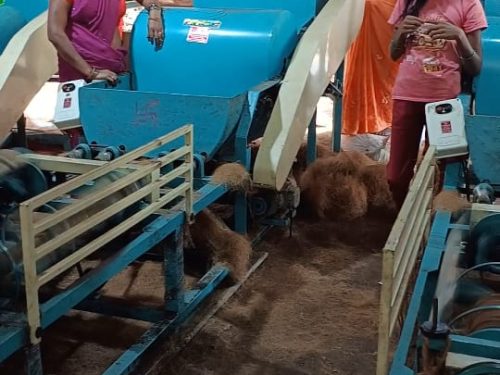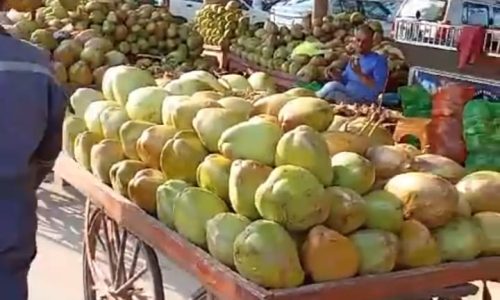

Cocycle
Economic Benefits and Job Creation
- The recycling of coconut waste can stimulate local economies. Small businesses and startups can emerge from turning waste into useful products, like natural cleaning agents or construction materials (coconut-based bricks or tiles).
- Waste collection and processing also create job opportunities in urban areas, further boosting the local economy.
The Role of Waste Management in Cleaner Cities
Composting and Organic Waste Management
- Coconut husks and shells are rich in cellulose and other organic matter, making them perfect for composting. By turning coconut waste into organic compost, cities can reduce the need for chemical fertilizers and improve soil quality for urban farming, gardening, and landscaping.
- This process also helps in reducing methane emissions from landfills.
Production of Biodegradable Products
- Coconut by-products, such as shells and husks, can be turned into biodegradable products like brushes, baskets, ropes, and packaging materials, which can help reduce the consumption of plastic products in cities.
- These products are sustainable alternatives that help reduce plastic waste, a significant problem in urban waste management.
